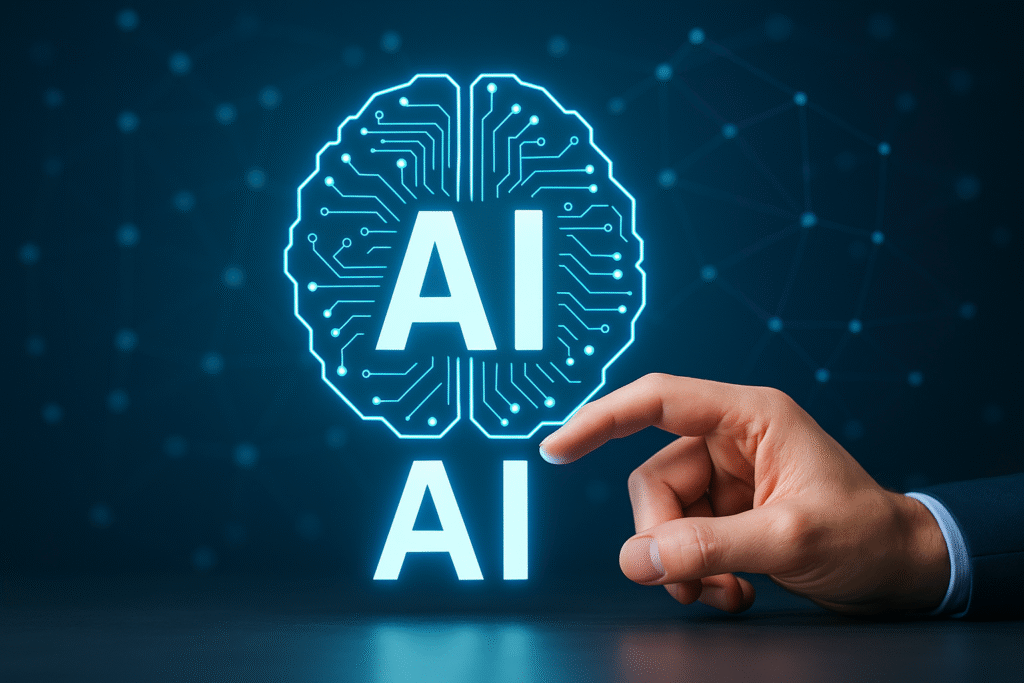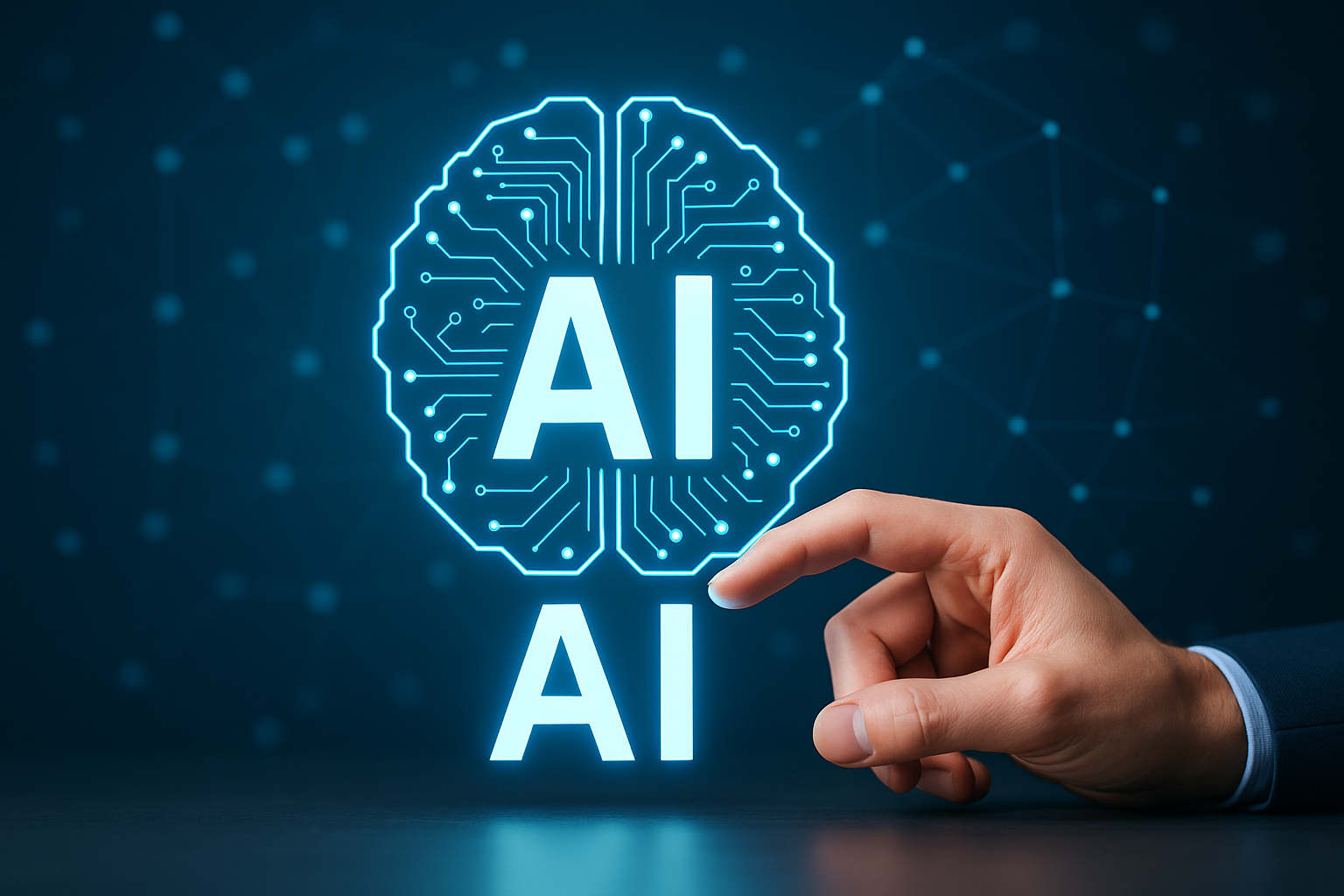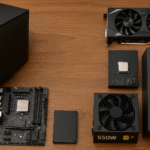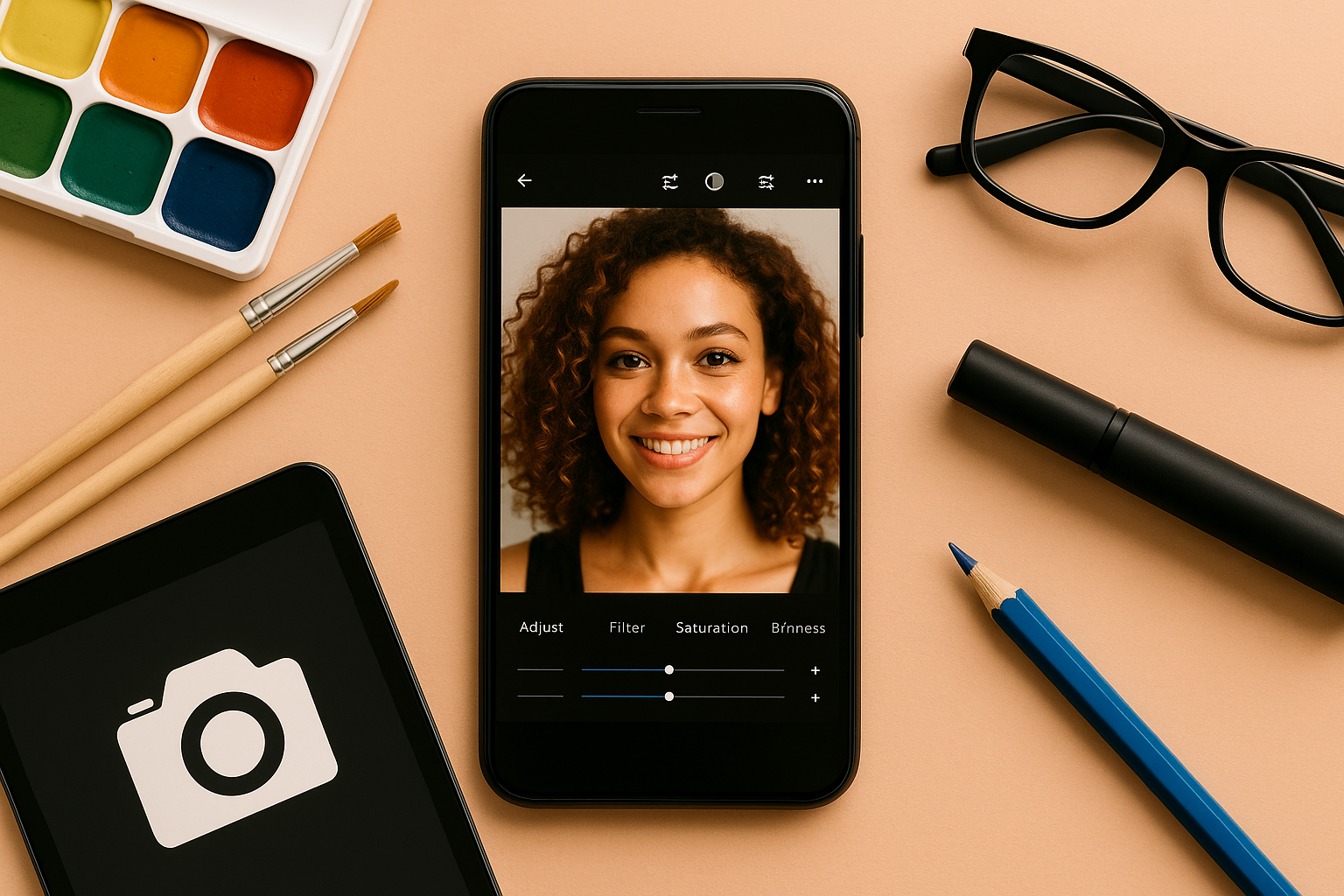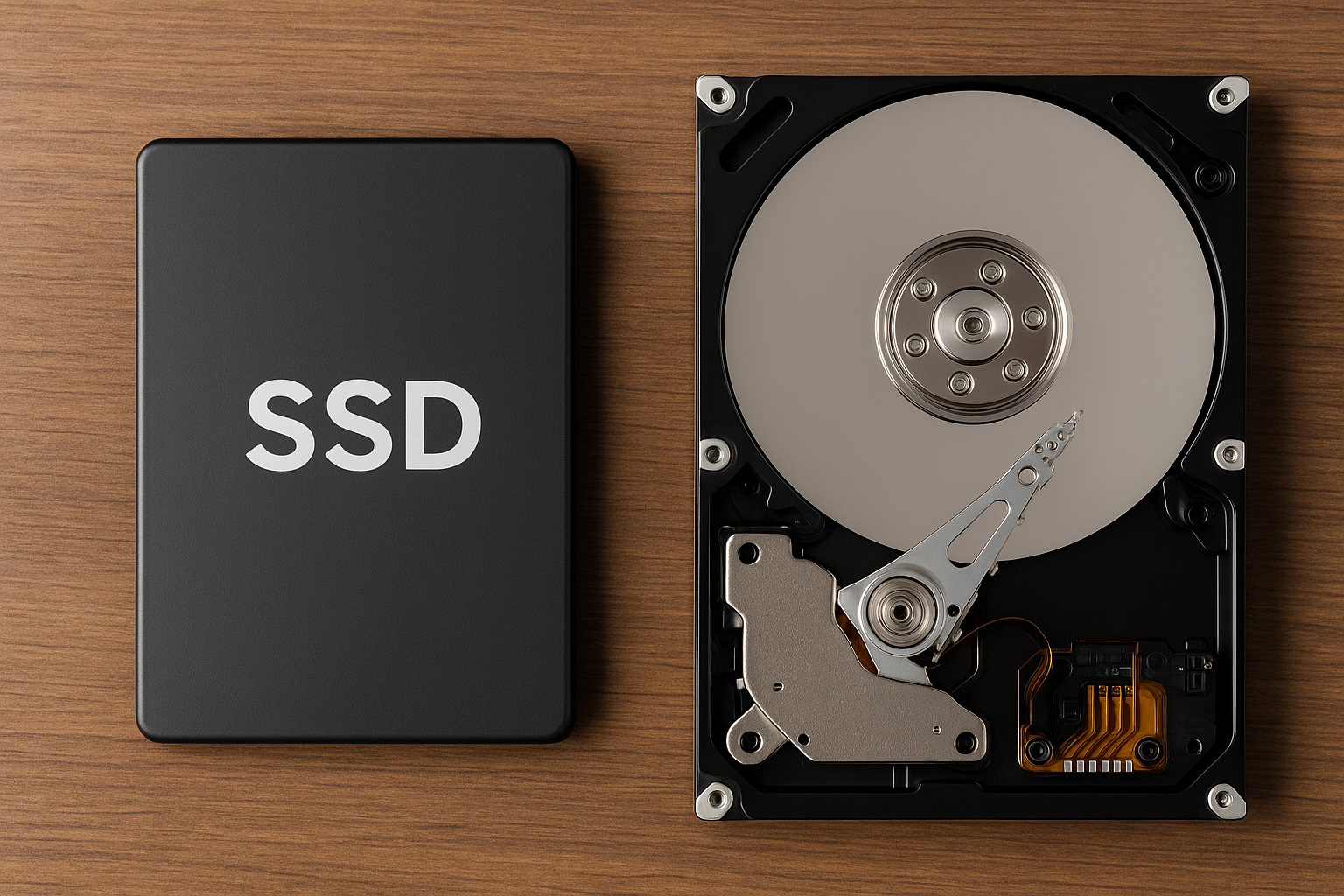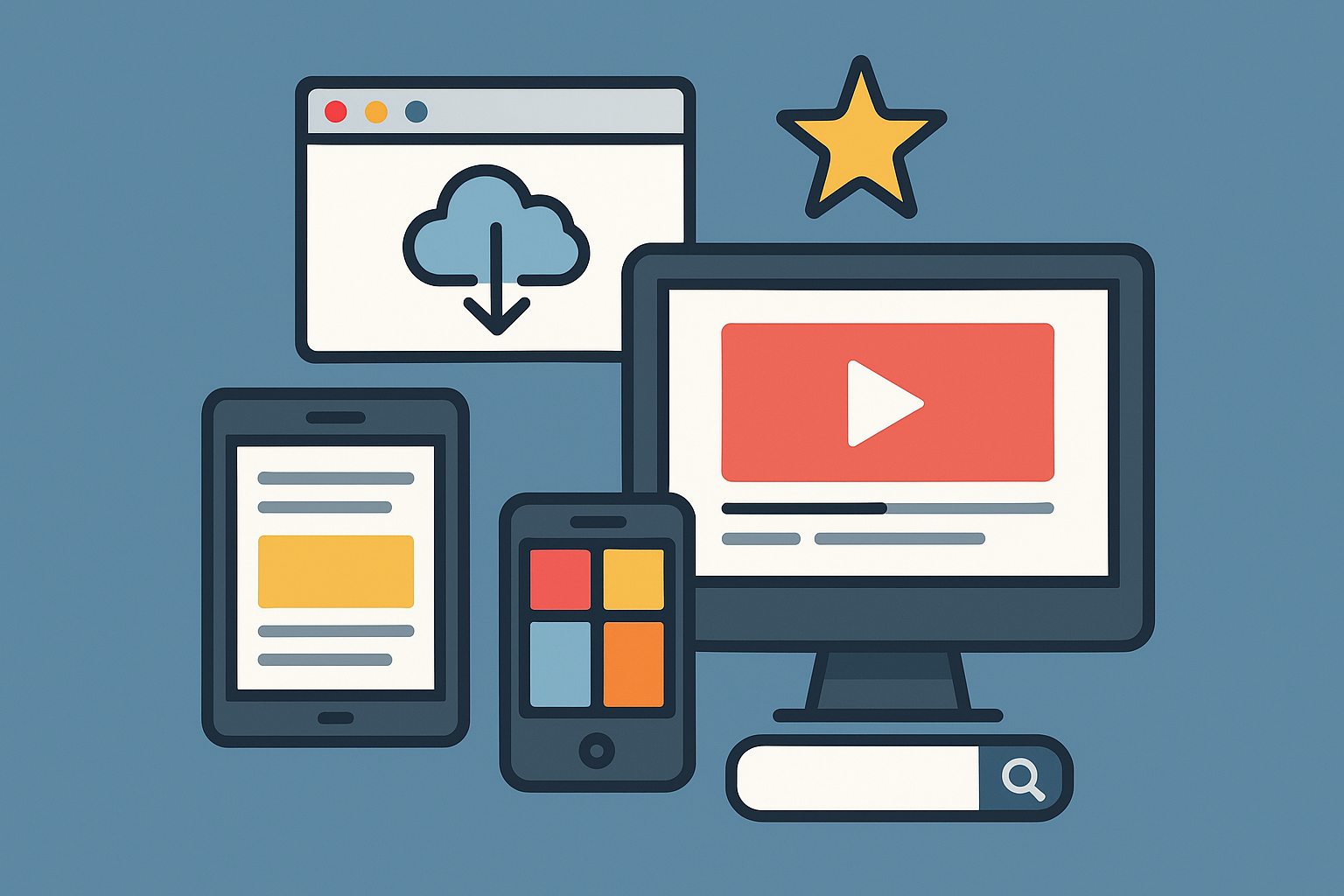Artificial intelligence (AI) is one of the most revolutionary technologies of the 21st century. It’s transforming the way we live, work, and interact with the world around us. From smartphones that understand our voice commands to algorithms that can predict diseases, AI is quickly becoming embedded in nearly every aspect of modern life. But what exactly is AI, and how is it reshaping the future?
In this article, we’ll explore what artificial intelligence is, how it works, where it’s being used today, and what changes it’s bringing to our society, economy, and everyday routines.
What Is Artificial Intelligence?
Artificial intelligence refers to the ability of machines to simulate human intelligence. This includes learning from data, recognizing patterns, solving problems, understanding language, and even making decisions.
There are two main types of AI:
Narrow AI: Designed to perform a specific task. Examples include voice assistants like Siri, recommendation systems on Netflix, and facial recognition in smartphones.
General AI: A theoretical form of AI that would be able to perform any intellectual task that a human can do. We’re not there yet, but it’s the long-term goal of many researchers.
How Does AI Work?
At its core, AI is about data. The more data a system can analyze, the smarter it becomes. Here are the key technologies that power AI:
Machine Learning (ML): A type of AI that enables systems to learn and improve from experience without being explicitly programmed. It uses algorithms to find patterns in data.
Neural Networks: Inspired by the human brain, these are layers of algorithms that process data and recognize patterns. They are widely used in image and speech recognition.
Natural Language Processing (NLP): This allows machines to understand and respond to human language. Chatbots and voice assistants rely heavily on NLP.
Computer Vision: Enables machines to “see” and interpret images and videos. Used in facial recognition, self-driving cars, and medical imaging.
Real-World Applications of AI
AI is no longer just a concept for science fiction — it’s being used in real life across various industries. Let’s look at some of the most impactful applications.
Healthcare
AI helps doctors analyze medical images, predict patient risks, and even discover new drugs. For example, AI systems can detect cancer in X-rays with a level of accuracy comparable to human experts.
Transportation
Self-driving cars are one of the most talked-about uses of AI. These vehicles rely on AI to navigate, detect obstacles, and make split-second decisions. AI also powers ride-sharing apps like Uber, helping them calculate arrival times and pricing.
Finance
Banks and financial institutions use AI to detect fraudulent transactions, automate customer service, and make smarter investment decisions. Robo-advisors use AI to manage portfolios based on user goals and risk tolerance.
Retail and E-commerce
When you see product recommendations on Amazon or personalized ads on social media, that’s AI at work. AI helps businesses understand consumer behavior and offer personalized shopping experiences.
Smart Homes
Devices like Amazon Echo and Google Home use AI to recognize voice commands and automate tasks such as turning off lights, playing music, or checking the weather.
Education
AI is being used to create adaptive learning platforms that tailor lessons based on a student’s performance. It can also provide instant feedback, making education more efficient and personalized.
The Impact of AI on Jobs
One of the biggest concerns surrounding AI is its impact on employment. While AI can increase efficiency, it also has the potential to replace certain jobs, particularly those involving repetitive or routine tasks.
Jobs most likely to be affected include:
- Data entry clerks
- Telemarketers
- Manufacturing workers
- Basic customer service agents
However, AI also creates new opportunities. Demand for roles like data scientists, AI engineers, and robotics specialists is growing rapidly. In addition, jobs requiring human creativity, empathy, and complex decision-making are less likely to be automated.
Ethical Concerns and Challenges
AI presents several ethical and societal challenges:
Bias and Discrimination: If AI is trained on biased data, it can produce unfair or discriminatory outcomes.
Privacy: AI systems often require large amounts of data, raising concerns about how personal information is collected and used.
Autonomy: As machines become more autonomous, questions arise about accountability — who is responsible when AI makes a mistake?
Job Displacement: Governments and companies must prepare for the economic impact of job losses in certain sectors.
To address these issues, many experts advocate for ethical AI — systems designed to be transparent, fair, and accountable.
The Future of AI
The future of AI is both exciting and uncertain. Here are a few trends and possibilities:
AI in Creativity: AI is being used to create art, music, and even write stories. Tools like DALL·E and ChatGPT are pushing the boundaries of what machines can do creatively.
AI in Climate Solutions: From monitoring deforestation to optimizing energy use, AI is helping address global environmental challenges.
Human-AI Collaboration: Rather than replacing humans, future AI systems will likely work alongside people to enhance decision-making and productivity.
General AI: While still far off, the development of general AI — machines that can think and reason like humans — remains a long-term goal that could redefine the human experience.
Why AI Matters to Everyone
You don’t need to be a scientist or engineer to be impacted by AI. It’s already part of daily life, from the way you shop online to how your phone predicts your next word. Understanding how AI works — and its potential benefits and risks — is essential for everyone in today’s digital world.
Whether you’re a student, professional, entrepreneur, or simply curious, learning about AI can empower you to make smarter decisions, embrace new technologies, and prepare for the future.
AI is not just about robots and algorithms. It’s about how we shape the future of humanity. The choices we make now will influence how AI affects our lives — for better or worse.
